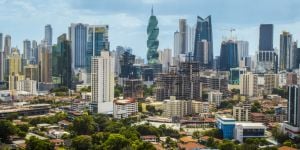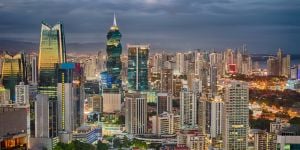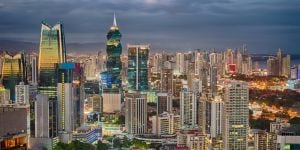Business Venture Research: Local Foods/ Organic Foods
Subscribe to the topic
Post new topic
Articles to help you in your expat project in Panama
 Panama's labour market
Panama's labour marketPanama's unemployment rate in recent years has hovered just above 5%, a rate which many employers consider ...
 Find a job in Panama
Find a job in PanamaThe most important thing about finding a job in Panama is to do it before you move there – and it may be a ...
 Work in Panama City
Work in Panama CityPanama has a wide range of industries providing job opportunities for expats – bearing in mind that the ...
 Setting up a business in Panama
Setting up a business in PanamaPanama is an excellent place for an entrepreneur. Setting up a company is not difficult, the available workforce ...
 Childcare in Panama
Childcare in PanamaEducation in Panama is compulsory for children from 6 years. In general, children attend pre-primary school as ...
 Customs in Panama
Customs in PanamaIt is advisable to seek customs information through the official channels before travelling to Panama. Because ...
 Sports in Panama
Sports in PanamaA country as conducive to the outdoor life as Panama almost inevitably develops sport-lovers. In this case the ...
 Accommodation in Panama City
Accommodation in Panama CityPanama City, the Panamanian capital city, has a large variety of housing options for all tastes. Take the time to ...



